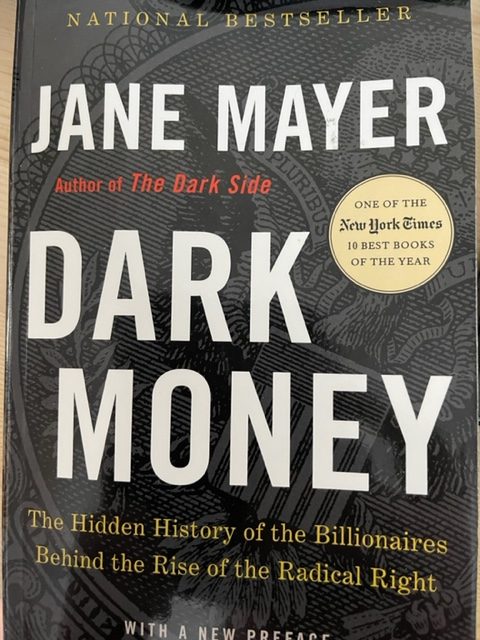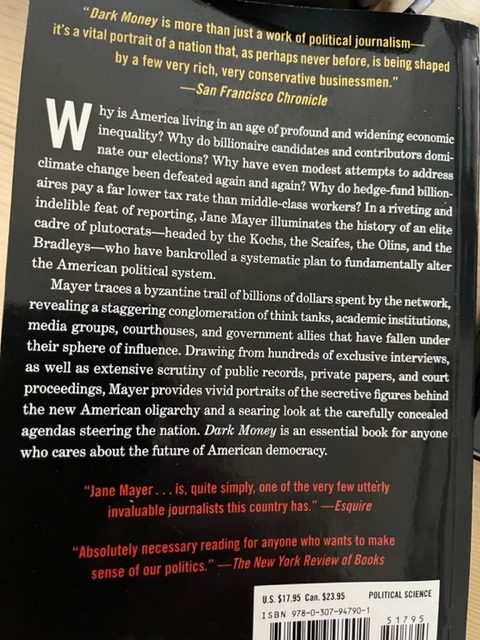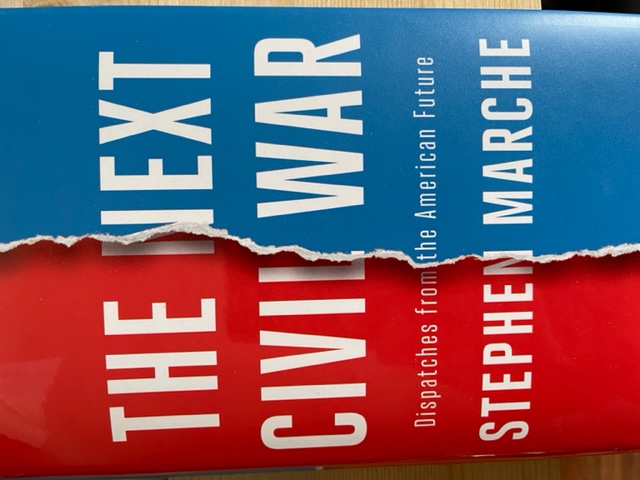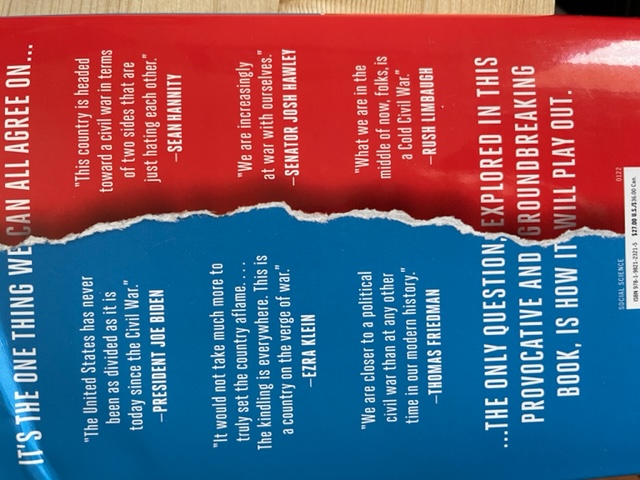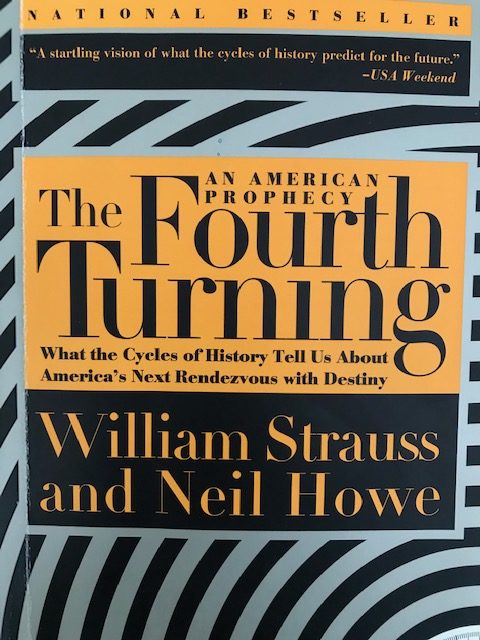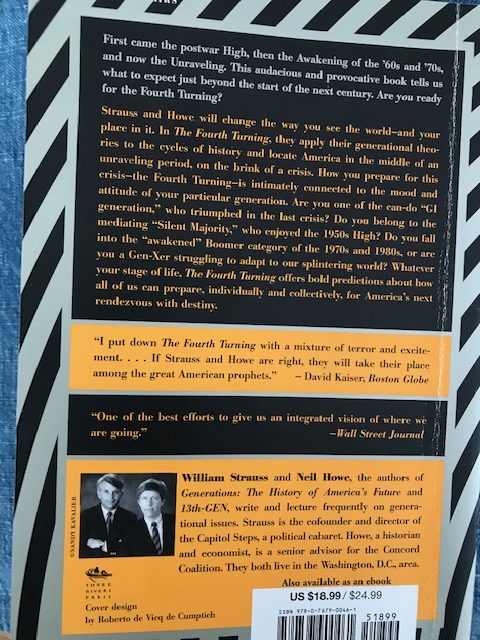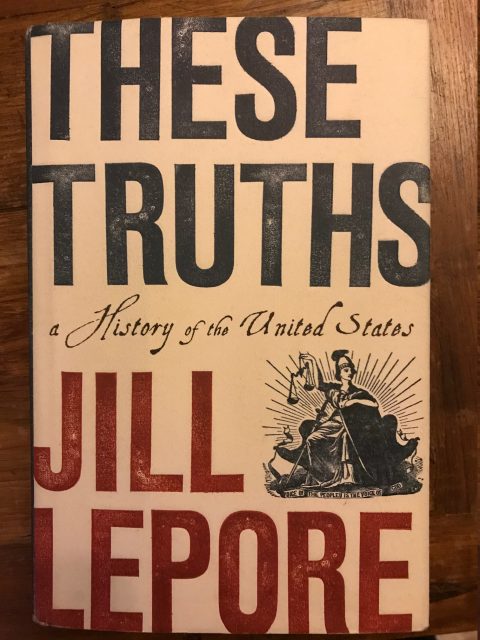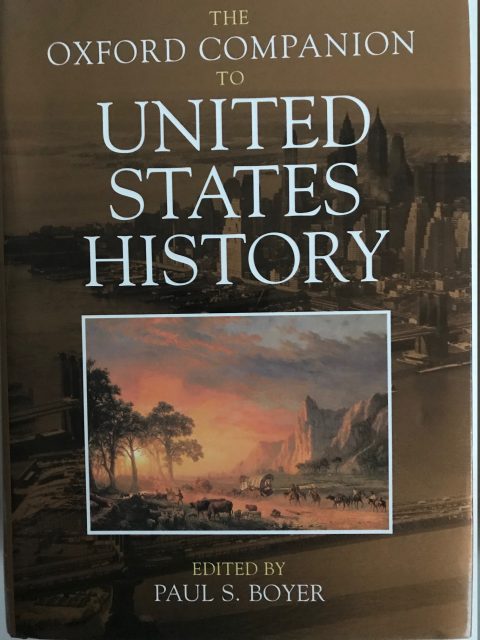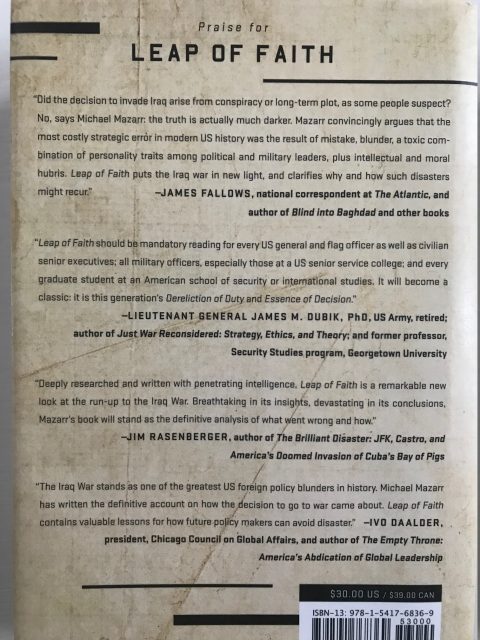Kevin Rudd: The Avoidable War, The Dangers of a Catastrophic Conflict between the US and Xi Jinping’s China, published by Public Affairs (Hachette Book Group), New York 2022.

Rudd is an interesting guy. There are numerous videos with him talking about China on YouTube. He has been the Labor Party Prime Minister of Australia twice. At the moment he is busy moving to Washington as Australia’s new Ambassador to the US.
From High School he entered the Australian National University where he graduated with honors in Chinese studies and is fluent in Mandarin.
He became a diplomat stationed in China numerous times. He took time off to get another degree from a University in Taiwan. He has interacted with Xi and many of the other leaders in China many times and seems to know them well.
In this book he puts Chinese-American relations into historical perspective, pointing out how the Chinese leaders study America in so many ways all the time. Xi’s only child (girl) has graduated from Harvard. How many American leaders have had their kids study in China?
American political leaders and policy makers have sadly no idea at all about what makes China say what it says and do what it does. Ignorance rules in the US.
For Zi Taiwan is the last great shame from the Century of Shame when China was dominated by the West and the Chinese treated as less than animals by the West. Zi sees his goal in life to reunite China by any means needed, including war.
When Zi took power in 2015 he began to transform the Chinese military. China has also put a lot of effort into Cyber warfare and in rapidly expanding their Navy. They have also added a new branch of the military, in addition to the Army, Navy and Air Force they now also have a land-based Missile Force. The Missile Force is stationed along the coast and is tasked with blowing enemy ships and or aircraft out of the water or sky if they threaten China. They have the new Chinese subsonic (speeds of Mach 6/7) missiles that are intended to sink American Aircraft Carriers as they are just too fast to intercept.
Xi has tasked the military with being capable of invading and reuniting Taiwan with China by 2027.
American Military leaders say that 2025 is a more likely date. Add to that the political storm that will be on-going in the US towards the end of 2024 and it becomes more likely than not that China will attack during 2025.
American political and military leaders take for granted that China is incapable of upholding any agreement that they sign, and will lie about everything. Deception is considered a Chinese specialty. China, on the other hand, takes for granted that the US wants to destroy China by any means necessary and doesn’t trust the US at all.
After Rudd has shown how both China and the US have strategic interests that will lead to conflict (war) sooner or later, he goes on to present how such a war can be avoided.
His solution is called Managed Strategic Competition. He wants China and the US to sit down behind closed doors and agree on guidelines for peaceful conflict in a great many areas, from Cyberspace to the South China Sea. By doing so Rudd thinks that they will be able to build a trusting relationship over time; however his book has just shown on page after page why such a trusting relationship is absolutely unthinkable.
Rudd says that the alternative is unthinkable, as any war between the two will have devastating consequences for China, the US and the rest of the world.

